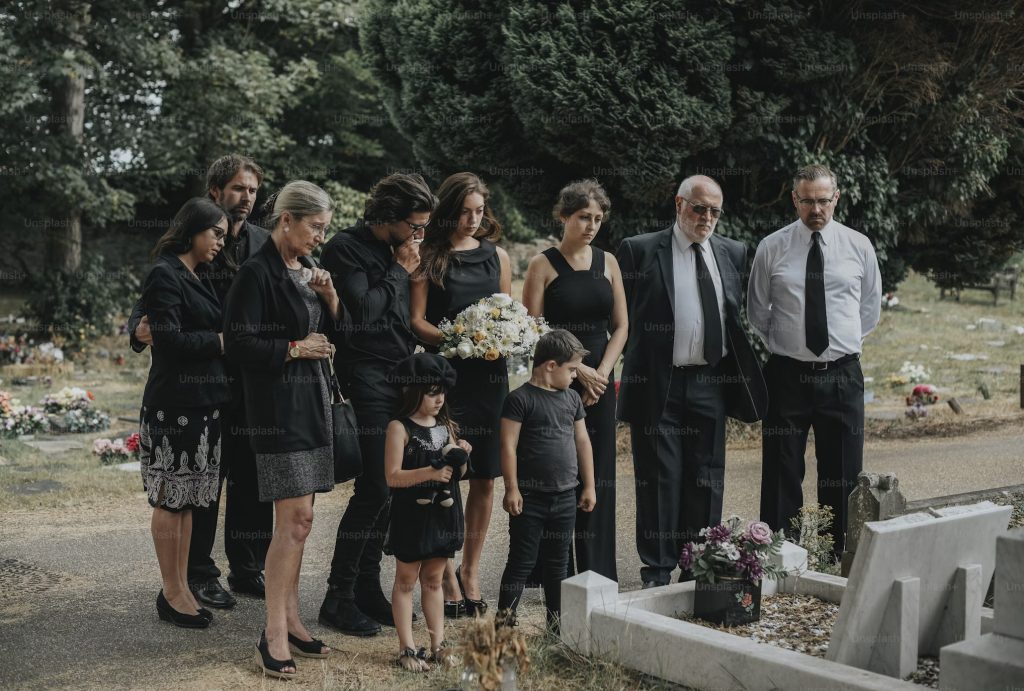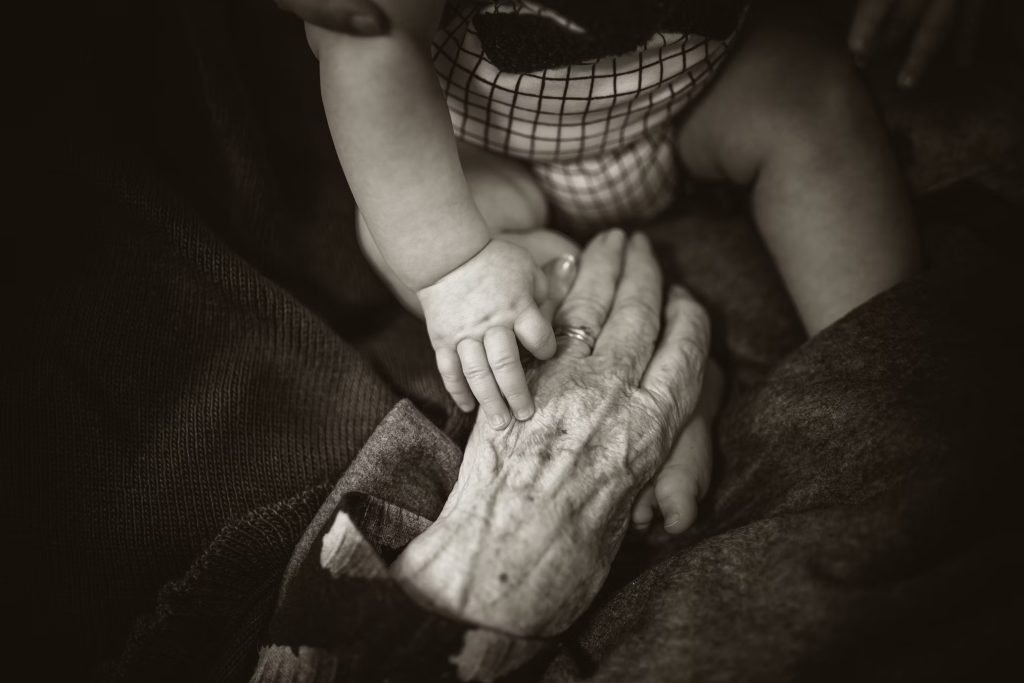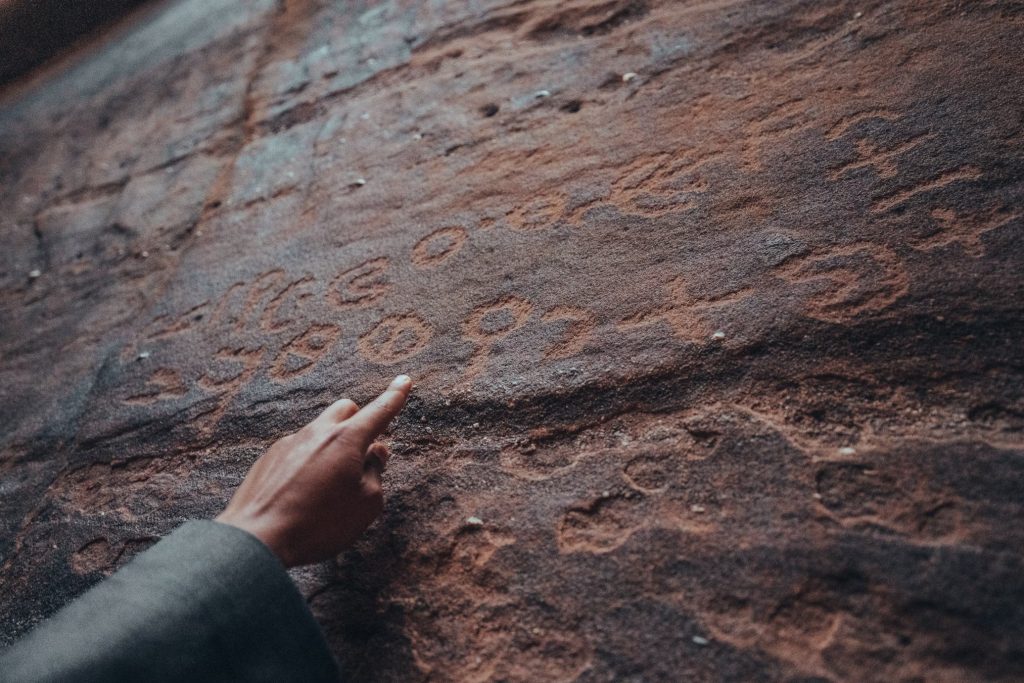
In a world that mainly rushes past the lessons of history, it’s important to pause and reflect on the tales that shaped us today. Gordon Lloyd Jones’s book, “The Fighting Faris Family” which revolves around his family’s experiences in World War II, is an emotional reminder of the sacrifices made by the Greatest Generation.
The author’s four uncles, Shay, James, Russell, and Earl, each responded to the call of duty. They left behind their relatives and loved ones to serve their country. Their stories demonstrate bravery and the long-lasting impact of war on family dynamics.
The author’s Uncle Earl Farris was a famed World War II veteran known for his courageousness and commitment to family. He served with integrity, contributing meaningfully to the war effort and demonstrating the values of the Greatest Generation. Apart from his military service, Earl was a loving father and uncle, profoundly devoted to his family. His stories of resilience and sacrifice continue to stimulate those who come after him, reminding us of the courage it takes.
For example, one of the author’s uncles, Shay Farris, was obliged to serve on a PT boat in the South Pacific, which shows the companionship that soldiers share during tough times.
Jones also emphasizes the struggles confronted by his family at the time of the Great Depression. It shows how their modest beginnings powered a strong work ethic and dedication. His grandmother’s strong spirit, as elaborated in the story of her confrontation to recover money for a faulty mattress represents a strong concept defined by the Faris family.
The book “The Fighting Faris Family” focuses on the importance of family origins and the collective memory of those who fought for liberty. The writings of the author serve as a bond connecting past and present, demonstrating how the sacrifices of one generation continue to encourage coming generations.
As we go through these stories of war, we’re repeatedly reminded that honoring our history is about understanding the morals they embodied. Those morals include courage, persistence, and love for family. In doing so, we guarantee that their legacy and sacrifice live on in our hearts and actions forever.




